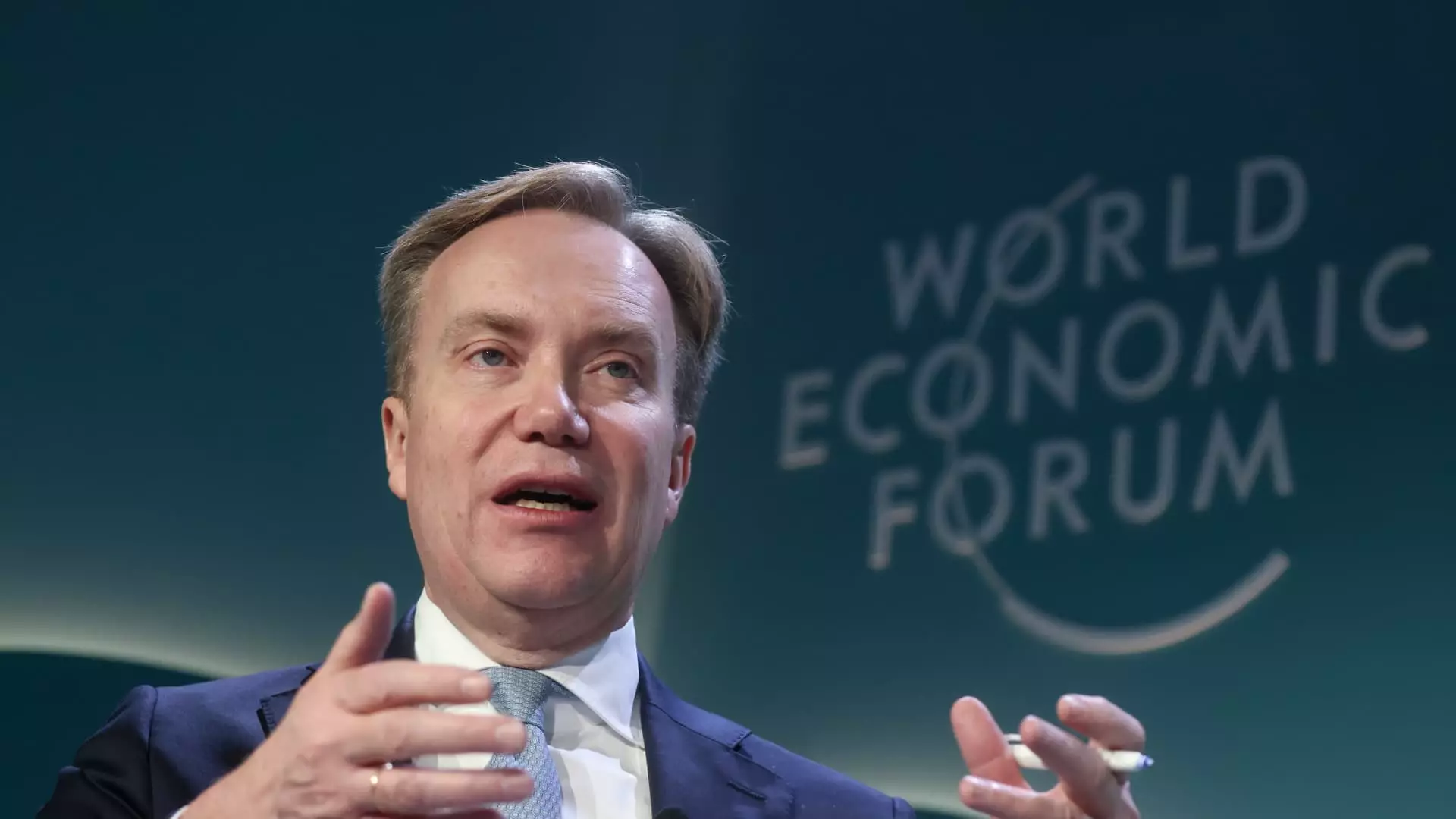The president of the World Economic Forum, Borge Brende, recently provided a grim assessment of the global economy. During the WEF’s “Special Meeting on Global Collaboration, Growth and Energy for Development” in Riyadh, Saudi Arabia, he expressed concerns about the future. Brende warned that without the right economic measures, the world could be headed towards a decade of low growth.
Global Debt and “Stagflation” Risk
One of the key points highlighted by Brende was the alarming global debt ratios, which are nearing levels not seen since the 1820s. He also mentioned a looming risk of “stagflation” for advanced economies. Despite the global growth estimate being around 3.2%, he emphasized that this figure falls short of the 4% trend growth that was the norm for decades. The risk of a slowdown similar to that of the 1970s in some major economies is a cause for concern.
To avoid a period of low growth, Brende stressed the importance of maintaining trade relationships. He mentioned the possibility of trade evolving with more near-shoring and friend-shoring, but cautioned against jeopardizing existing global value chains. Additionally, he highlighted the pressing issue of global debt, warning that it is approaching unprecedented levels. Governments need to find ways to reduce this debt and implement fiscal measures without triggering a recession.
Brende also brought attention to persistent inflationary pressures and the potential of generative artificial intelligence as an opportunity for the developing world. These factors could play a significant role in shaping the economic landscape in the coming years. However, there are challenges that need to be addressed to harness the full potential of these opportunities.
Geopolitical Risks
Highlighting the geopolitical landscape as a significant risk factor, Brende pointed to recent tensions between Iran and Israel. He warned of the unpredictability in such situations and the potential for conflicts to spiral out of control. The repercussions of an escalation in the Iran-Israel conflict could have severe consequences, such as a sudden spike in oil prices, which would be detrimental to the global economy.
The global economy is at a critical juncture, with various challenges and risks threatening to derail growth. It is imperative for policymakers, businesses, and other stakeholders to take proactive measures to address these issues and foster sustainable economic growth. Adapting to the evolving trade landscape, managing global debt, mitigating inflationary pressures, and navigating geopolitical risks will be key priorities in the quest for a stable and prosperous global economy.

Leave a Reply